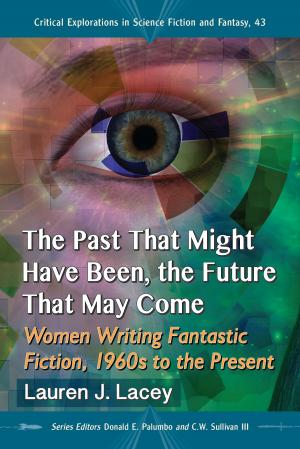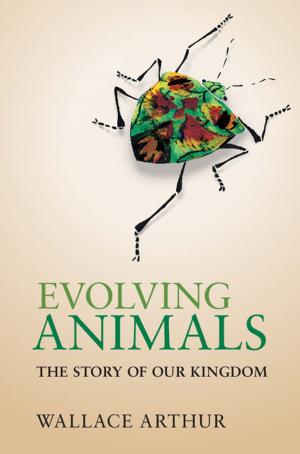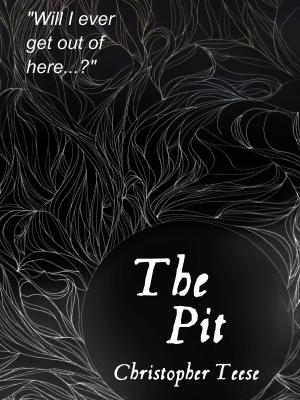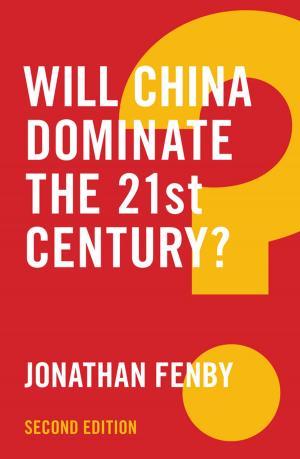Testosteroned Child. Sad. - Or the Dawning of a New Renaissance?
Nonfiction, Science & Nature, Science| Author: | Lene Rachel Andersen | ISBN: | 9788792240736 |
| Publisher: | Lene Rachel Andersen | Publication: | March 31, 2017 |
| Imprint: | Lene Rachel Andersen | Language: | English |
| Author: | Lene Rachel Andersen |
| ISBN: | 9788792240736 |
| Publisher: | Lene Rachel Andersen |
| Publication: | March 31, 2017 |
| Imprint: | Lene Rachel Andersen |
| Language: | English |
The Trump presidency is the symptom of something much bigger and it is not the first time it has happened. Our meaning-making has not been able to keep up with technology and globalization. We navigate an increasingly complex world using models that were developed for industrialization—at a time when traditional industry is disappearing. This kind of mismatch between our real world and our understanding of it has happened before. The Reformation, the French Revolution and World War II were results of old epistemologies reaching their limit and new ones not able to emerge without a bloodbath. Given that we have the knowledge we have, can we avoid the bloodbath and go straight to the peace negotiations? Can we develop the culture, education, aesthetics, and institutions that we need in order to handle the complexities of the 21st century? Based on recurring historical patterns, moral and developmental psychology and complex-systems theory, Lene Rachel Andersen analyzes the current state of Western politics.
The Trump presidency is the symptom of something much bigger and it is not the first time it has happened. Our meaning-making has not been able to keep up with technology and globalization. We navigate an increasingly complex world using models that were developed for industrialization—at a time when traditional industry is disappearing. This kind of mismatch between our real world and our understanding of it has happened before. The Reformation, the French Revolution and World War II were results of old epistemologies reaching their limit and new ones not able to emerge without a bloodbath. Given that we have the knowledge we have, can we avoid the bloodbath and go straight to the peace negotiations? Can we develop the culture, education, aesthetics, and institutions that we need in order to handle the complexities of the 21st century? Based on recurring historical patterns, moral and developmental psychology and complex-systems theory, Lene Rachel Andersen analyzes the current state of Western politics.















